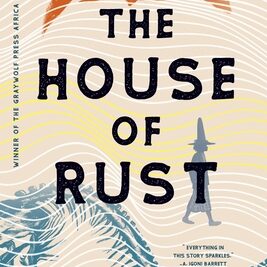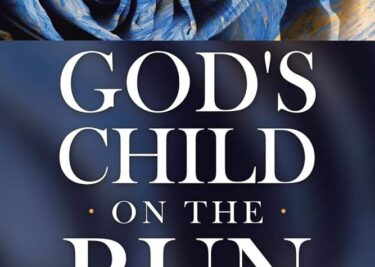Red Strangers
Titled for the Kikuyu translation for Europeans – athungu, the Red Strangers was written by Elspeth Huxley in 1939. The book chronicles the lives of a Kikuyu family through four generations, starting off in the late 1800s and ending in the 1940s. Today’s review is provided by Mwihaki Muraguri.
What struck me as a Kenyan is how westernised we have become in just a few generations. As the book is told from the viewpoint of the Kikuyu during the pre-colonial and colonial period one begins to appreciate how odd certain actions that we take for granted today must have been when they were first introduced into this area. A case in point is when one of characters is jailed for allegedly killing another man. At the time amongst the Kikuyu this action would have normally resulted in a fine of goats, payable by the clan of the perpetrator.
However in the athungu’s justice system the accused was required to sit day-in day-out in a small room (jail) with a one hour walk in the sun each day. When visited by his family he innocently asks them if they knew when his punishment was going to start; for as far as he was concerned, he was on a holiday in this little room where he whiled the days away resting, being fed and doing absolutely nothing!
As one reads the book one begins to question the very underpinnings of what we believe determines our ethnic identity. As a Kikuyu I think about certain ideas that are held sacrosanct, such as burial which is a practice that is less than century old in my community. Yet today any internment different from burial on the family shamba is almost seen as heretical! One begins to ask – what then do I hold onto as authentic facets of tradition and culture? It seems that at heart these are ideas that are fluid and dynamic. Constantly eroding on one end while being built on another, with very little staying wholly unchanged. And if that is then true, why should these identities be a reason for divisiveness?
One final note is that the book was banned by the colonial government from the time it was released, and on reading one begins to understand why, as the athungu are not shown in a positive light… but I will not introduce any spoilers for those who want to read this thoroughly enjoyable and enlightening book!
Mwihaki is a Kenyan bookworm who is curious about the ways in which stories unknowingly define the rules and realities by which we live.





